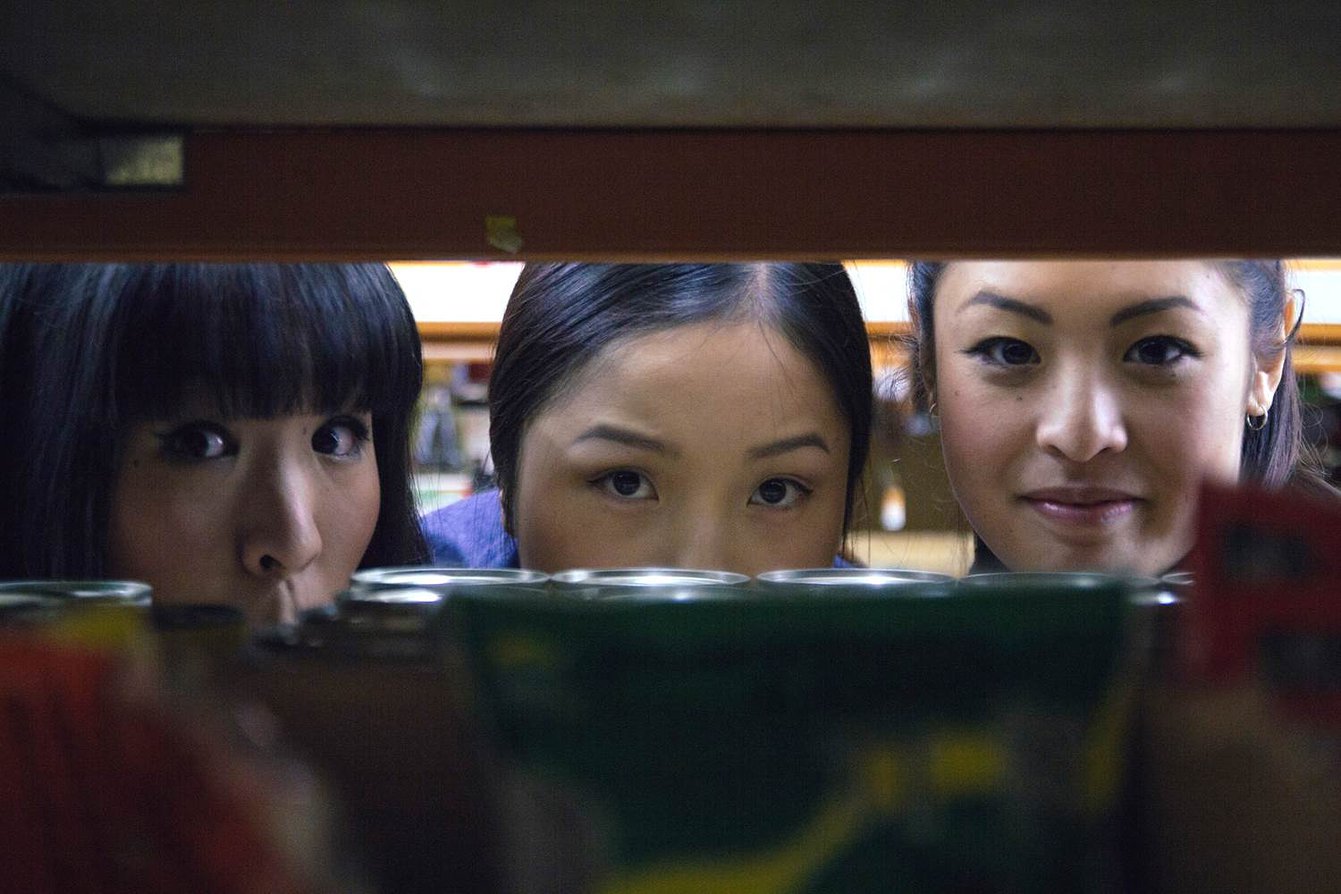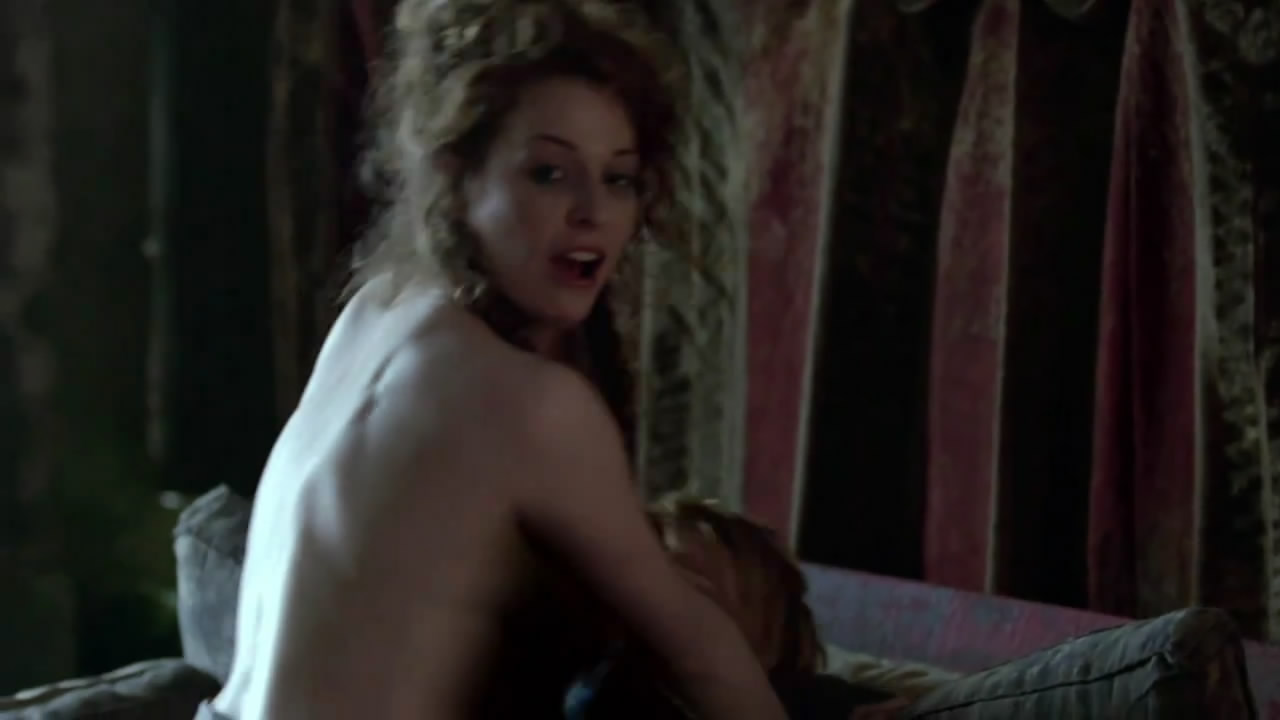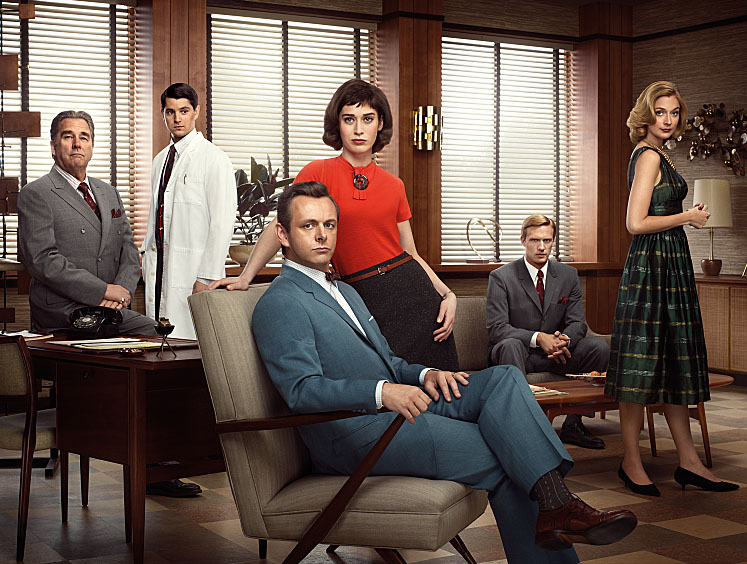I want to tell you about a gem of a web-series that I discovered recently. It is called Flat3 and it is made in a small country in the South Pacific more famous for its big-budget fantasy epics (Lord of The Rings, The Hobbit) than for small, interesting character-driven comedies. Although let us not forget Flight of the Conchords.
How to describe Flat3… It is basically everything I have ever been looking for in a web series. Smart, funny, engaging, a little bit weird, a little bit bleak, and little bit hopeful all at the same time. The show illustrates perfectly that talented Asian women can make a show that is funny and doesn’t rely on painful self-deprecation or crapping on other minorities. Ally, JJ, Perlina, and Roseanne (the director) have said that they set out to make a show that they would want to watch. It isn’t about hitting you over the head with their Asianness, it is about three women whose lives haven’t turned out quite the way they planned and how they deal with that. For me the show really captures the pain and humour of your mid-20s, post-university, now what do I do with my life phase. Think something like what Girls would be like if it was about people you actually knew. There is considerable talent at play here. Roseanne Liang is the show’s director and writer as well as wearing the co-producer hat. She was the first ever Chinese New Zealander to theatrically release a film and her movie My Wedding and Other Secrets was the highest grossing locally made film of 2011. Co-producer and cast member JJ Fong is currently starring on South Pacific Pictures’ Go Girls, one of the highest-rated locally produced shows on New Zealand television.

The show follows the misadventures of three flatmates–two of whom have graduated with degrees in the creative industries and are trying their best to make it in this recession-heavy world. First there is Lee, the quietest one of the three who is trying to figure out what she can do with a degree in fine art and how to date when you have never really done it before. Next there is JJ, a beautiful promo girl/actress/waitress who is struggling with what it means to be valued solely for your looks and how to be taken seriously as an actress when your big break comes from shilling feminine hygiene wipes. Then there is Perlina, straightforward and upfront yet worried that she is unlikeable and struggling to connect with her work colleagues. In the first episode that centers around her, Perlina spends her time trying to be more likeable and goes to the point of interviewing her ex-boyfriend to figure out what she did wrong and how she can improve. Despite this, it is Perlina who normally saves the day because of her ability to see through bullshit and get to the crux of an issue.
I think what I like most about Flat3, aside from the fact that it is both well-written and well-acted, is that I relate to it. In JJ, Lee, and Perlina, I see many of my friends and parts of myself. They throw awkward house parties where no one turns up and you end up getting drunk and doing stilted skits while your one cool friend looks on in horror because it seems funny at the time. Their relationships seem real to me, not weirdly competitive, just sometimes a bit fucked up with a dash of drama because sometimes people go through stuff and make bad choices, especially in your 20s when you aren’t really sure who you are and what you should be doing. It is female friendship as I recognise it: chatty, supportive, fun, and sometimes complicated.

If you have seen Flight of the Conchords you might like this, but I mean that in the generic sense of, well if you like offbeat sort of comedies that are slightly awkward but not so cringe-y that you have to close your eyes for half the episode you might like this, because really that is where the similarity ends. Highlights from the series have included: a post-coital scene that includes the clean-up of fluids (something of a unicorn on television), the line that semen tastes like “a million potential offspring crying out – and then silence,” a hitchhiker who dispenses wisdom and LSD, a fancy dress party a little bit reminiscent of Eagle vs Shark, trust exercises for accountants, and much much more.
The first season was a self-funded passion project and as it got more popular they managed to crowd fund the second season so that they could pay actors and crew; the girls did not pay themselves. They have successfully secured funding from New Zealand on Air to pay for the upcoming third and fourth seasons that should air sometime this year and I really can’t wait.
The only thing that I actively dislike about the show is the size shaming and the dehumanizing of fat people. It is so so tired for women, especially Asian women on television, to be preoccupied with their weight and the fat jokes seem out of place with the freshness of the rest of the writing. They can do much better than this and they usually do. Fat jokes make up a tiny percentage of the humor on the show (there are many more accountant jokes) and it is not enough to stop me watching but I could certainly do without them, they aren’t funny and they contribute to the marginalization of fat people generally. I am hopeful that the next two seasons will continue to bring the excellent writing and talented acting that we have seen, hopefully minus the boring fat jokes.

If you are looking for a fresh comedy that is silly and sometimes awkward then this is definitely the show for you. To watch, head to http://www.flat3webseries.com/ and prepare to be thoroughly entertained!











